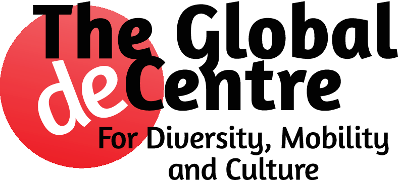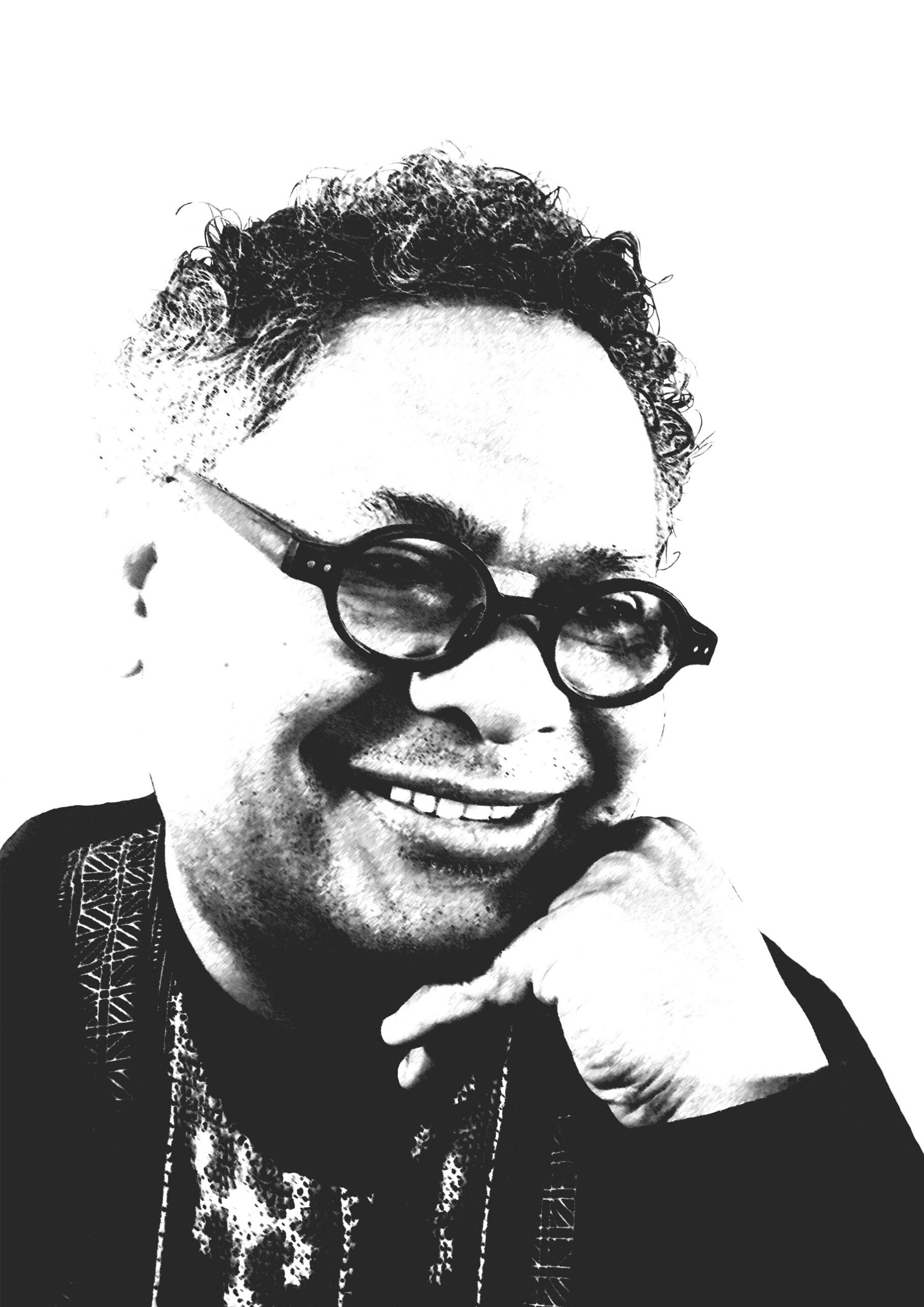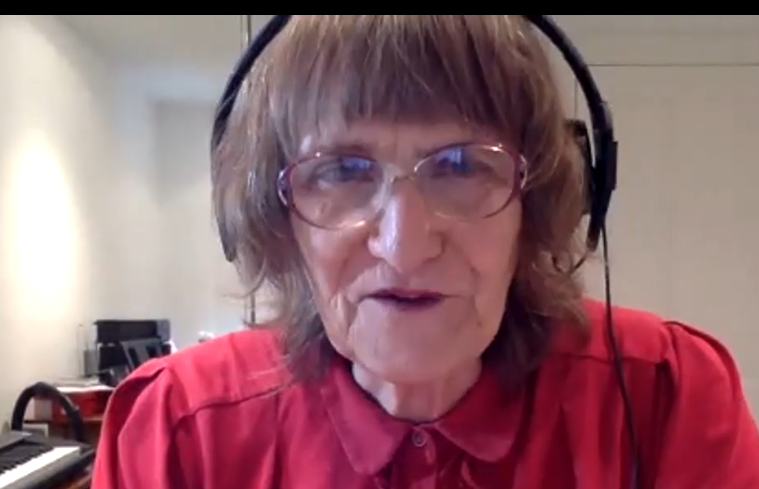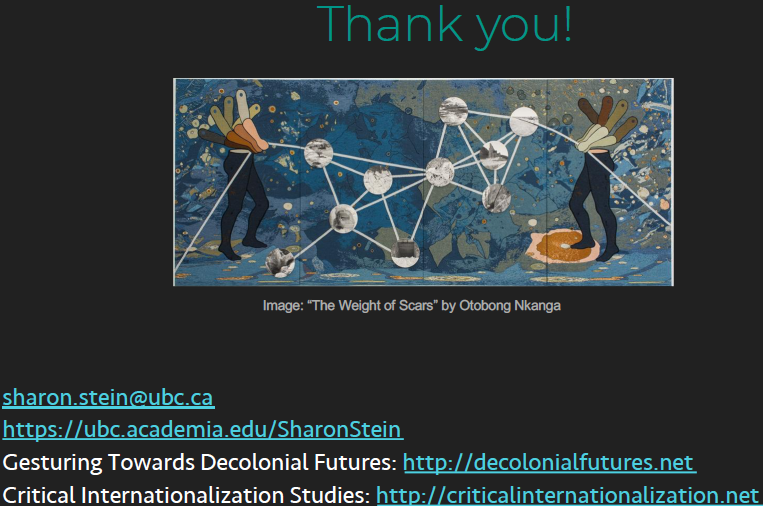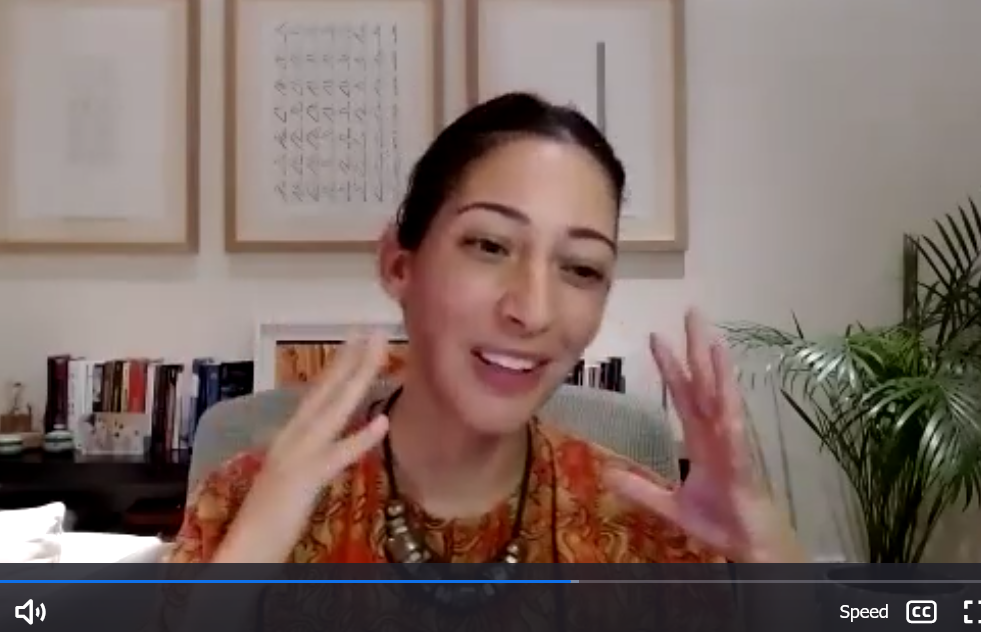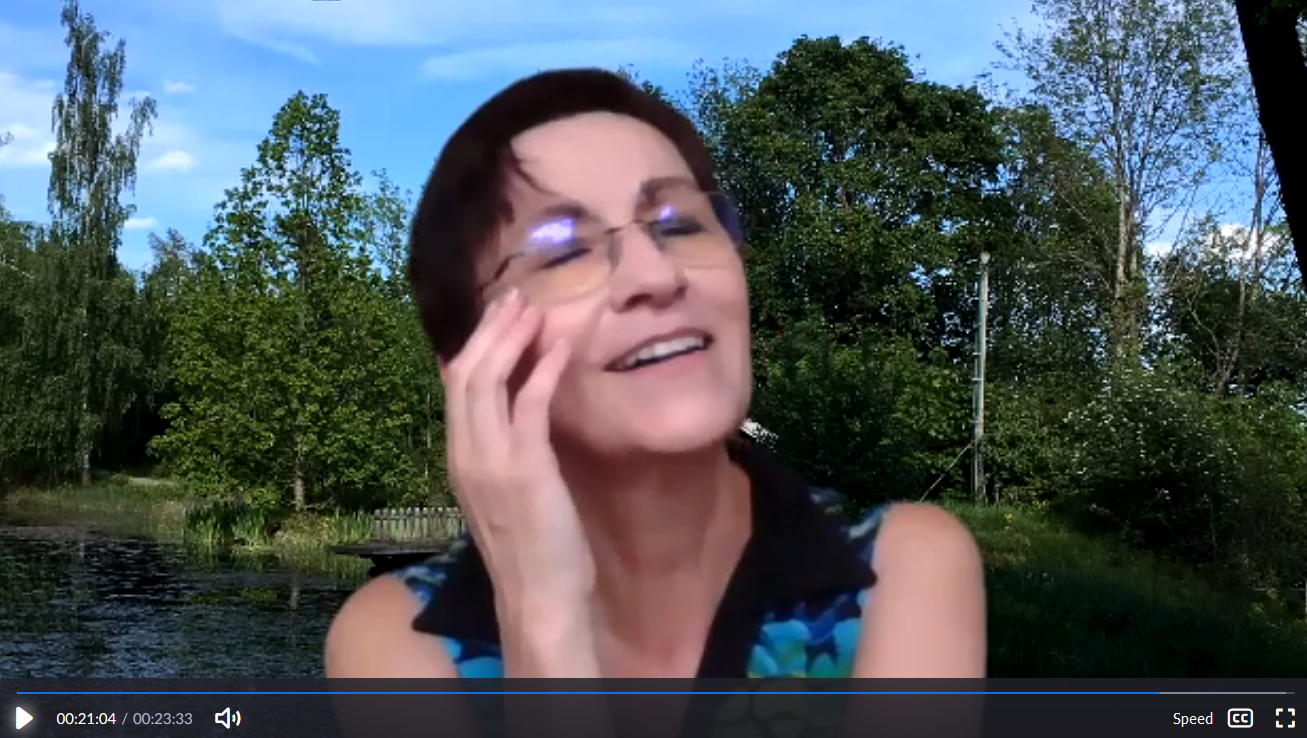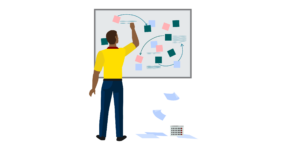Africanising/Decolonising Ourselves: The Implications for Advancing Critical University Studies – Africa (ACUSAfrica)
André Keet’s GDC webinar envisions a conversation between the notions of Africanising and decolonising the university; and how this may look like in the South African and African context. It further locates these discussions within an African interpretation of Critical University Studies, understood as the study of universities through analyses of power, privilege and authority. Reflecting on different programmes and their associated practices that orbit the notions of Africanisation and decolonisation within universities, the talk also attempts at linking these praxes with the general decentring programme.
